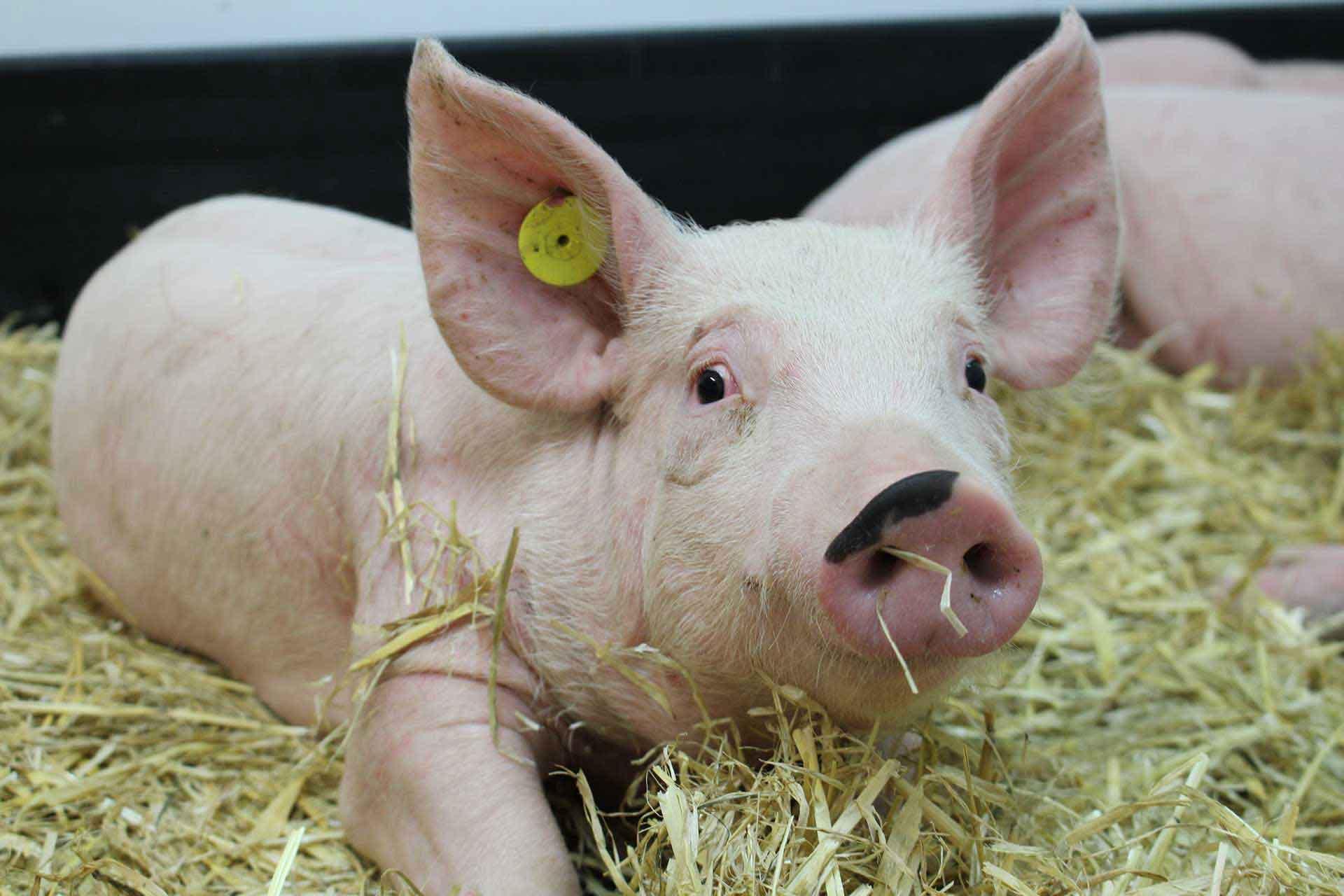Environmental effects on protection against Mycobacterium tuberculosis after immunization with Ad85A
Previously we have shown that intradermal (i.d.) immunization with a recombinant adenovirus expressing antigen 85A (Ad85A) induced a strong splenic CD8 T cell response in BALB/c mice but a weak lung immune response and did not protect mice against challenge with Mycobacterium tuberculosis (Mtb). After moving to a new animal house, the same i.d. immunization induced a strong lung immune response and the mice were protected against Mtb challenge. Increased numbers of antigen 85A-specific CD8 cells were present in lung tissue but were not recoverable by bronchoalveolar lavage (BAL). Mycobacterial growth was inhibited 21 days after Mtb challenge. In contrast, the effects of intranasal (i.n.) immunization did not change between the animal houses; 85A-specific T cells were recovered by BAL and were able to inhibit Mtb growth early after challenge. The effect of alterations to the environment was investigated by administering BCG or Mycobacterium abscessus in the drinking water, which induced protection against Mtb challenge, while Mycobacterium smegmatis did not. However, when Ad85A was given i.d. at the same time as BCG or M. abscessus, but not M. smegmatis, the protection induced by Ad85A was abolished. Treatment of mice with a CD25 antibody during the challenge period, abolished the suppressive effect of oral mycobacterial administration, suggesting that regulatory T cells (T regs) were involved. These results showed that exposure to environmental microorganisms can alter the protective immune response to a parenterally administered subunit vaccine, a result with important implications for the use of such vaccines in humans.
Back to publications
